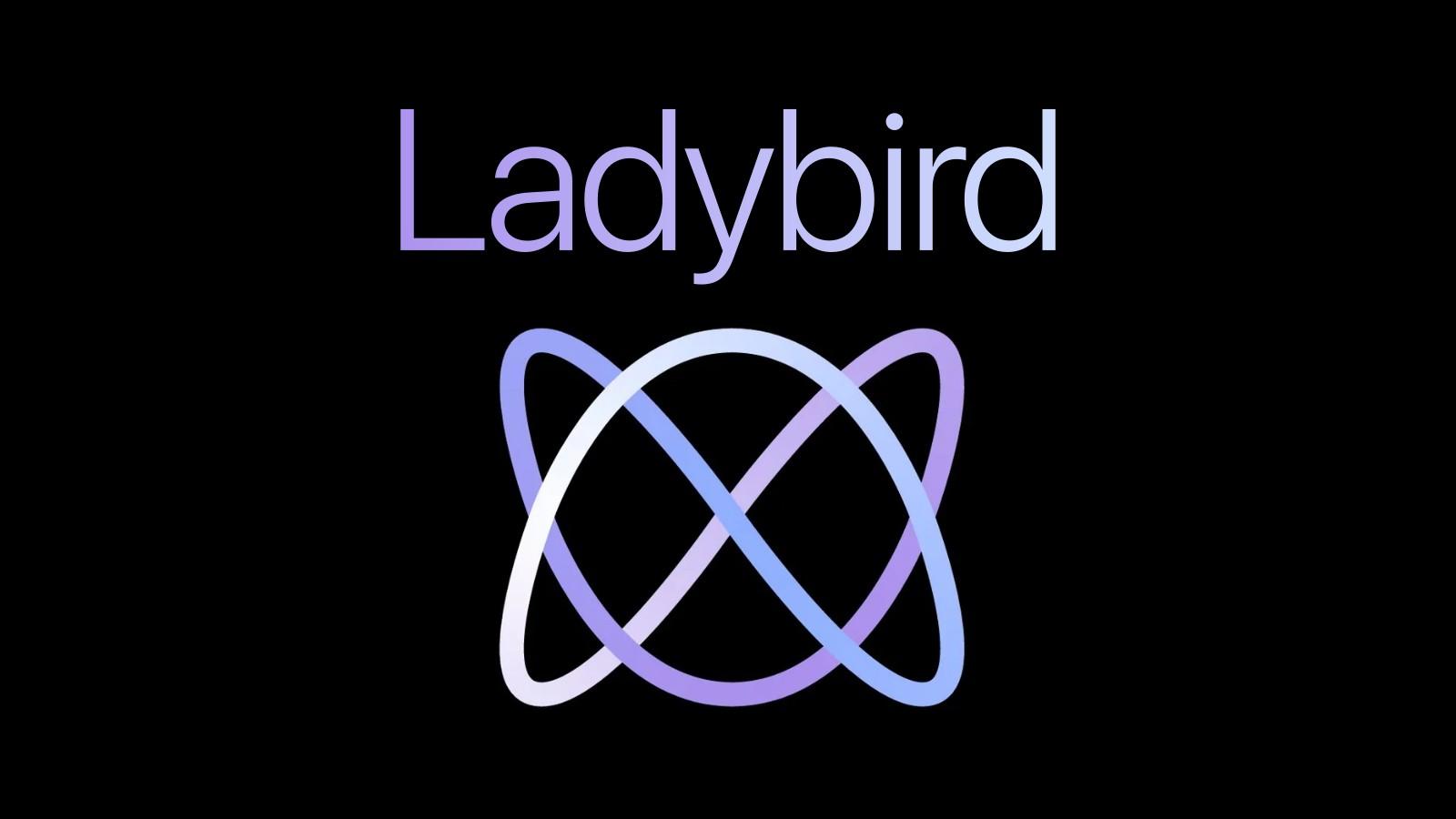Posts
4641Following
318Followers
484OpenPGP: 3AB05486C7752FE1
Linuxiac
linuxiac@mastodon.socialGitHub's co-founder and former CEO launched the Ladybird initiative, a brand-new independent browser written from scratch and backed by a non-profit.
https://linuxiac.com/ladybird-is-a-new-browser-initiative-backed-up-by-1m/
Jarkko Sakkinen
jarkkoJarkko Sakkinen
jarkkoI think, just based on experience on previous tech revolutions, that #AI is neither useless nor it is going to repeal and replace human labor.
It just hasn’t hit the its roof, or more precisely constraints, yet.
Media only giving voice to either AI companies or AI researchers turned into doomsday predictors, is at least quite strong signal of a bubble.
If you feel that AI is evil, here’s couple of suggestions what you can do:
- Engage and support open source ecosystem. It is essentially a crowd-sourced alternative to AI where people work together to realize the best possible software for other people and for themselves.
- Consider #GPLv3 and #AGPLv3 as an alternative to making “standard Github choice” of #Apache or #MIT. It is a self-governing and collaboration enabling licensing model. I think AI makes #GPL more relevant than it ever has been so far in its history. I’ve at least started to pro-actively rethink how I license my own projects, instead of lazily just putting MIT or similar license.
Jarkko Sakkinen
jarkkoJarkko Sakkinen
jarkkoi'd expect large cloud companies to test their emergency procedures, not just red teaming but also simulate faulty patches getting through.
Jarkko Sakkinen
jarkkoI could imagine Aya.rs hit me if I was doing user space profiling. I think it is great too but sub-optimally heavy for my needs...
Jarkko Sakkinen
jarkkoJarkko Sakkinen
jarkkoJarkko Sakkinen
jarkkoI could also consider to do it for #kernel #keyring later on but TPM driver is easier to scope: only look at events that end up to tpm_transmit().
Instead of "perf sampling approach" I'm planning to use BPF ring buffer and use that to all backtraces to tpm_transmit() to the user space host program. Then the host program implemented with C will post-process that queue in parallel.
Frequency of TPM commands is low enough so that 1:1 granularity should be possible.
Can't wait to get this done, will be a fun tool for future patch reviews I make ;-)
#eBPF
Jarkko Sakkinen
jarkkoJarkko Sakkinen
jarkkoI’ll try next open coding sudo bpftrace -e 'kprobe:tpm_transmit { @[kstack] = count(); }'.
I.e. probably something like this (at least compiles and loads):
#include "vmlinux.h"
#include <bpf/bpf_core_read.h>
#include <bpf/bpf_helpers.h>
#include <bpf/bpf_tracing.h>
char LICENSE[] SEC("license") = "GPL";
struct {
__uint(type, BPF_MAP_TYPE_HASH);
__type(key, int);
__type(value, int);
__uint(max_entries, 100);
} tpm_transmits SEC(".maps");
SEC("kprobe/tpm_transmit")
int BPF_KPROBE(kprobe__tpm_transmit, struct pt_regs *regs)
{
/* TODO: update tpm_transmits map */
return 0;
}
Also, kprobe requires target architecture, so the object file is now compiled as follows:
clang -g -O2 -target bpf -D__TARGET_ARCH_x86 -c payload.c
Binary has now a symbol for maps:
~/work/local/ebpf master*
❯ nm payload.o
0000000000000000 T kprobe__tpm_transmit
0000000000000000 r ____kprobe__tpm_transmit.____fmt
0000000000000000 D LICENSE
0000000000000000 D tpm_transmits
I don’t have any particular use for eBPF but it is nice to get a bit more in-depth picture on the topic…
Jarkko Sakkinen
jarkkoJarkko Sakkinen
jarkkoHere’s a minimal shenanigans for #eBPF #C host, with bpftool taking care of header generation.
Payload (payload.c):
#include "vmlinux.h"
#include <bpf/bpf_helpers.h>
SEC("tracepoint/syscalls/sys_enter_execve")
int tracepoint__syscalls__sys_enter_execve(struct trace_event_raw_sys_enter *ctx)
{
bpf_printk("execve");
return 0;
}
char LICENSE[] SEC("license") = "GPL";
Host (main.c):
#include <bpf/bpf.h>
#include <bpf/libbpf.h>
#include <signal.h>
#include "payload.h"
static volatile bool interrupted = false;
struct payload *obj;
void do_sigint(int value)
{
interrupted = true;
}
int main(void)
{
struct sigaction sa;
ssize_t ret;
obj = payload__open();
if (!obj)
exit(1);
ret = payload__load(obj);
if (ret)
goto err;
ret = payload__attach(obj);
if (ret)
goto err;
sa.sa_handler = do_sigint;
sigaction(SIGINT, &sa, NULL);
while (!interrupted);
fprintf(stderr, "\ndone\n");
payload__destroy(obj);
exit(0);
err:
payload__destroy(obj);
exit(1);
}
Build (build.sh):
#!/usr/bin/env sh
# vmlinux
bpftool btf dump file /sys/kernel/btf/vmlinux format c > vmlinux.h
# payload
clang -g -O2 -target bpf -I . -c payload.c -o payload.o
bpftool gen skeleton payload.o > payload.h
# main
clang -g -O2 -Wall -I . -c main.c -o main.o
# hello-ebpf
clang -Wall -O2 -g main.o -lbpf -lelf -lz -o hello-ebpf
While running trace_pipe is expected to have output like this:
cat-61135 [011] ....1 8303.116335: bpf_trace_printk: execve
zsh-61136 [002] ....1 8303.116691: bpf_trace_printk: execve
zsh-61139 [004] ....1 8303.118436: bpf_trace_printk: execve

